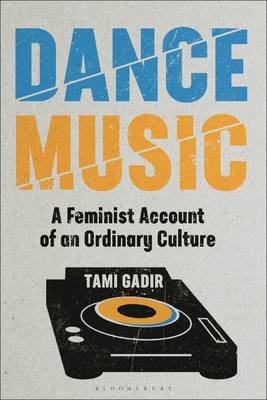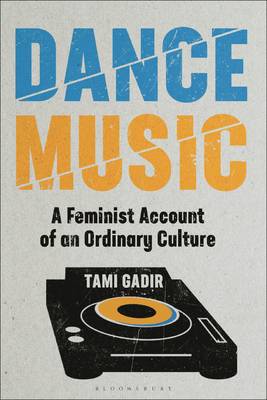
- Afhalen na 1 uur in een winkel met voorraad
- Gratis thuislevering in België vanaf € 30
- Ruim aanbod met 7 miljoen producten
- Afhalen na 1 uur in een winkel met voorraad
- Gratis thuislevering in België vanaf € 30
- Ruim aanbod met 7 miljoen producten
Zoeken
Omschrijving
For some people, at some times, in some places, on some drugs, dance music can be a gateway to transformative, even transcendent experiences. With the help of skilled DJs, dancers can reach euphoric states, discard their egos, and feel social barriers dissolve. Dance floors can be sites of openness, subversion, and even small-scale acts of political resistance. At a minimum, dance music lightens the burdens of contemporary life. At its best, dance music offers glimpses of better worlds.
Yet even where dance music communities are built on principles of resistance and liberation, they nevertheless share the grittier realities of the rest of the world. Dance Music makes the case that dance music is ordinary and that something exceeding the social and spatiotemporal bounds of the dance floor is required for the transformative promise of dance music to be realized.Specificaties
Betrokkenen
- Auteur(s):
- Uitgeverij:
Inhoud
- Aantal bladzijden:
- 216
- Taal:
- Engels
- Reeks:
Eigenschappen
- Productcode (EAN):
- 9781501346415
- Verschijningsdatum:
- 7/09/2023
- Uitvoering:
- Hardcover
- Formaat:
- Genaaid
- Afmetingen:
- 152 mm x 229 mm
- Gewicht:
- 453 g

Alleen bij Standaard Boekhandel
+ 322 punten op je klantenkaart van Standaard Boekhandel
Beoordelingen
We publiceren alleen reviews die voldoen aan de voorwaarden voor reviews. Bekijk onze voorwaarden voor reviews.







